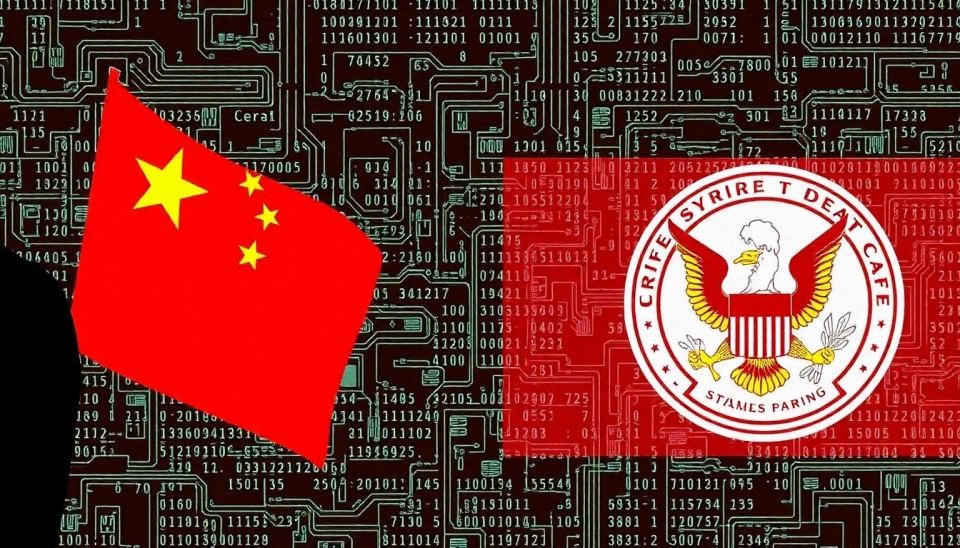
The United States government has taken a decisive step in its ongoing struggle against cyber espionage by imposing sanctions on several Chinese entities believed to be responsible for hacking into American telecommunications firms and leveraging sensitive information. This latest announcement from the Treasury Department underscores Washington's commitment to safeguarding its technological infrastructure and protecting the personal data of its citizens from foreign adversaries.
According to the Treasury Department’s statement, these sanctions target specific organizations and individuals who are alleged to have played a significant role in cyber intrusions that compromised the security of U.S. telecommunications networks. This action is seen as a part of a broader strategy to contest activities attributed to China, particularly regarding aggressive cyber operations that threaten national security and the safety of American interests.
The sanctions freeze any assets the designated individuals and entities may hold within U.S. jurisdiction and also bar American companies from conducting business transactions with them. Notably, these sanctions have been framed within a larger context of international cooperation, with the U.S. seeking to galvanize allies to take similar actions against cyber threats posed by state-sponsored actors.
This strategic move comes in the wake of heightened tensions between the U.S. and China over various issues, including trade practices and military activities in the Asia-Pacific region. The cyber domain has emerged as a crucial battleground, with evidence mounting of intensified Chinese cyber operations targeting sensitive infrastructure globally. Senior U.S. officials have increasingly voiced concerns over a pattern of cyber intrusions that conflict with international norms and threaten the very fabric of digital security.
In a statement regarding these latest sanctions, a senior Treasury official articulated that the U.S. would continue to hold accountable those who exploit cyber weaknesses for malicious purposes. “The cyber threat from China remains severe, and we are determined to take necessary measures to defend our networks, economy, and democratic institutions,” they noted. This assertion reflects a broader call for vigilance in the face of evolving tactics employed by cyber adversaries.
Experts have pointed out that the implementation of these sanctions may serve multiple objectives; they not only aim to prevent further cyber attacks but also to signal to international partners the commitment of the U.S. in combating cybercrime and establishing norms around responsible state behavior in cyberspace.
The repercussions of these sanctions could extend beyond immediate financial impacts to the sanctioned entities. They mark a pivotal moment in U.S.-China relations, amplifying the ongoing dialogue about cybersecurity practices and the responsibilities of nation-states in preventing cyber-enabled threats.
As the geopolitical landscape continues to evolve, these measures are likely to contribute to an ongoing narrative where cyber operations are treated with the same level of seriousness as traditional military interventions. The Biden administration has emphasized its focus on cyber resilience and international collaboration as key elements of its national security strategy.
The efficacy of these sanctions, however, remains under scrutiny. Analysts question whether such actions will markedly deter future cyber attacks or if they will provoke retaliatory measures from China that may further complicate U.S.-China relations.
In conclusion, the sanctions reflect a sustained U.S. effort to combat cyber threats and protect its critical infrastructure. As the technological landscape continues to evolve, the U.S. remains poised to adapt its strategies to meet emerging challenges in the realm of cyberspace.
#USTreasury #CyberSecurity #ChinaSanctions #TelecomHacking #NationalSecurity #CyberEspionage
Author: John Miller




